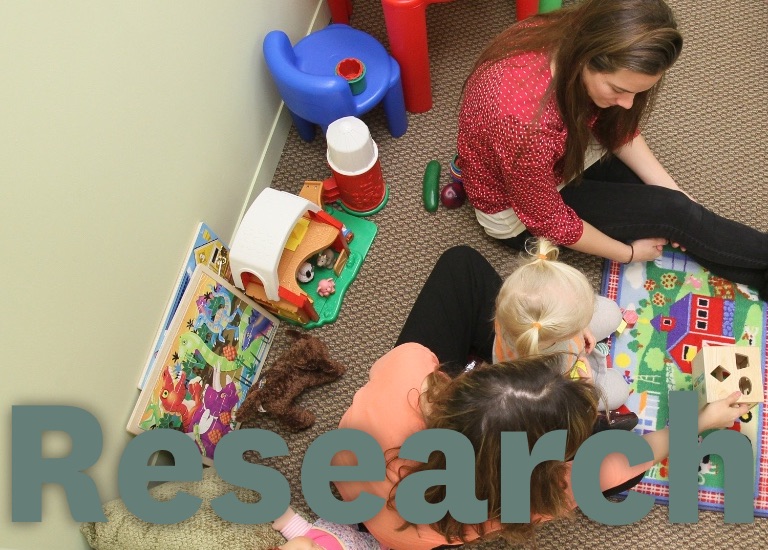Toward Development of a Comprehensive, In-Home, Active Seating System to Lessen Sedentariness and Improve Health and Wellness in Older Adults
Subcontract Principal Investigator: Stacey Schepens Niemiec PhD, OTR/L, DipACLM, LRC
Period
Aug 2021 – Jul 2024
Total funding
$98,827 (subcontract)
National Institutes of Health – National Institute on Aging (NIA), Phase I Small Business Innovation Research (SBIR)
FitSitt is an innovative device tailored to older adults that increases the convenience of breaking up sedentary activity and incorporating physical activity into in-home daily routines. This comprehensive seating solution merges features of a posture chair, exercise machine, rehabilitation tool, and activity tracker. Its primary purpose is to reduce daily immobile time, offering users a convenient means for replacing sedentary bouts with varying intensities of physical activity, ultimately leading to improved health. Whereas many interventions aim to increase physical activity by focusing on dedicated exercise sessions such as daily workouts, evidence suggests that key improvements to health can occur when regular movement is woven into one’s day so as to avoid long inactive periods. FitSitt aims to improve the baseline activity profile of its users by providing a comprehensive wellness solution including a non-disruptive in-home means for physical activity engagement while allowing users to continue participation in desired seated activities. In so doing, FitSitt has the potential to decrease health-harmful sedentary activity in a wide variety of high-risk individuals (e.g., persons with diabetes, stroke) and occupational contexts (e.g., skilled nursing facility, critical care unit). The initial development of FitSitt for this Phase I proposal, however, will target community-dwelling older adults.
Co-led by Activ Sitting, Inc. and the University of Southern California, Phase I activities will include redesign and enhancement of the current FitSitt working prototype and digital interface via an iterative product development process—Failure Effect Modes and Criticality Analysis (FMECA). As a part of this approach, the team will continuously identify likely points of failure linked to underlying processes, functionality, or parts comprising FitSitt and take the necessary corrective actions to improve the system. Information that will be used to inform development will include review of stakeholder recommendations; user co-design workshops; in-lab validation and safety testing; and collection of user acceptability, feasibility, and safety data in home. The study will conclude with a FMECA report specifying the corrective actions necessary to refine the FitSitt system for a fully powered Phase II study of the enhanced intervention’s efficacy to improve health in community-living older people.
As currently designed, FitSitt provides convenience, comfort, and health value-add for myriad older adults, ensuring scalability and sustainability of broad use across communities and markets. This study supports refinement and tailoring of the FitSitt working prototype, as well as iterative development and testing of the FitSitt system to determine its feasibility, acceptability, and safety. This project will facilitate the development of an optimized, in-home, comprehensive sedentary activity solution for older adults and countless other populations that could benefit from reducing the deleterious health effects of extended inactive behavior through convenient and comfortable-to-use intervention.
Funding
| Type | Source | Number | Amount |
|---|---|---|---|
| Federal | NIH/National Institute on Aging | 1R43AG074697-01 | $98,827 (subcontract) |





